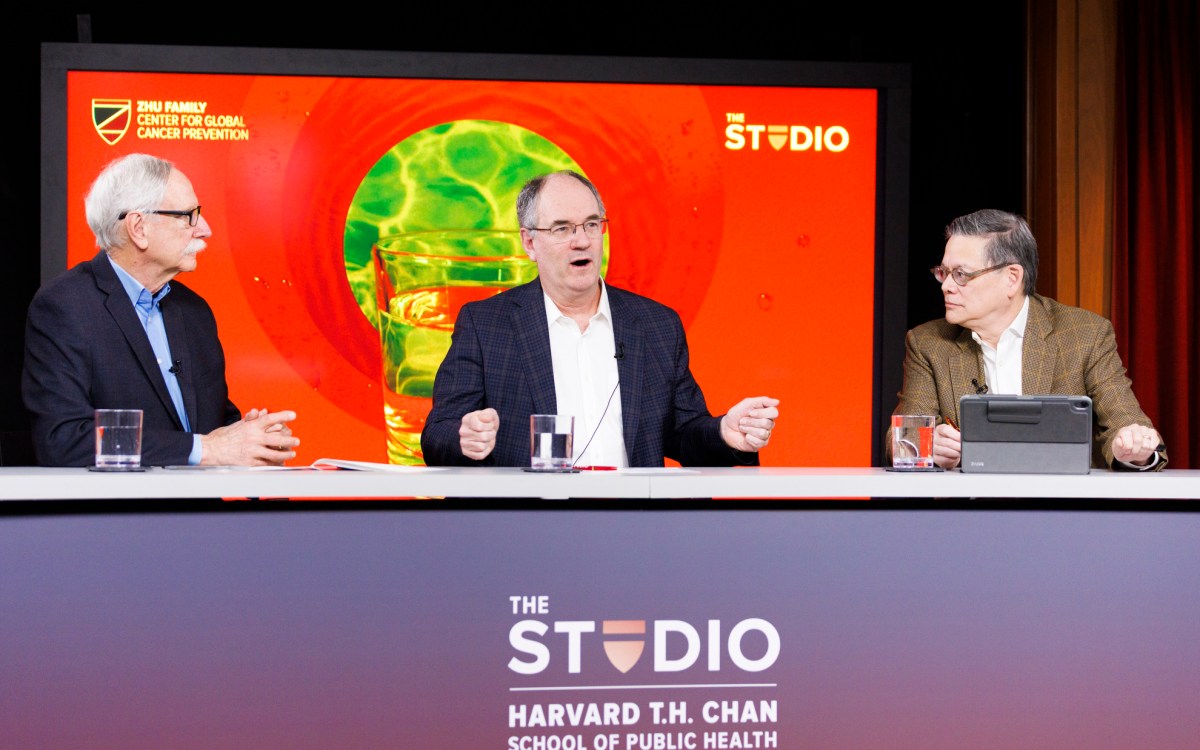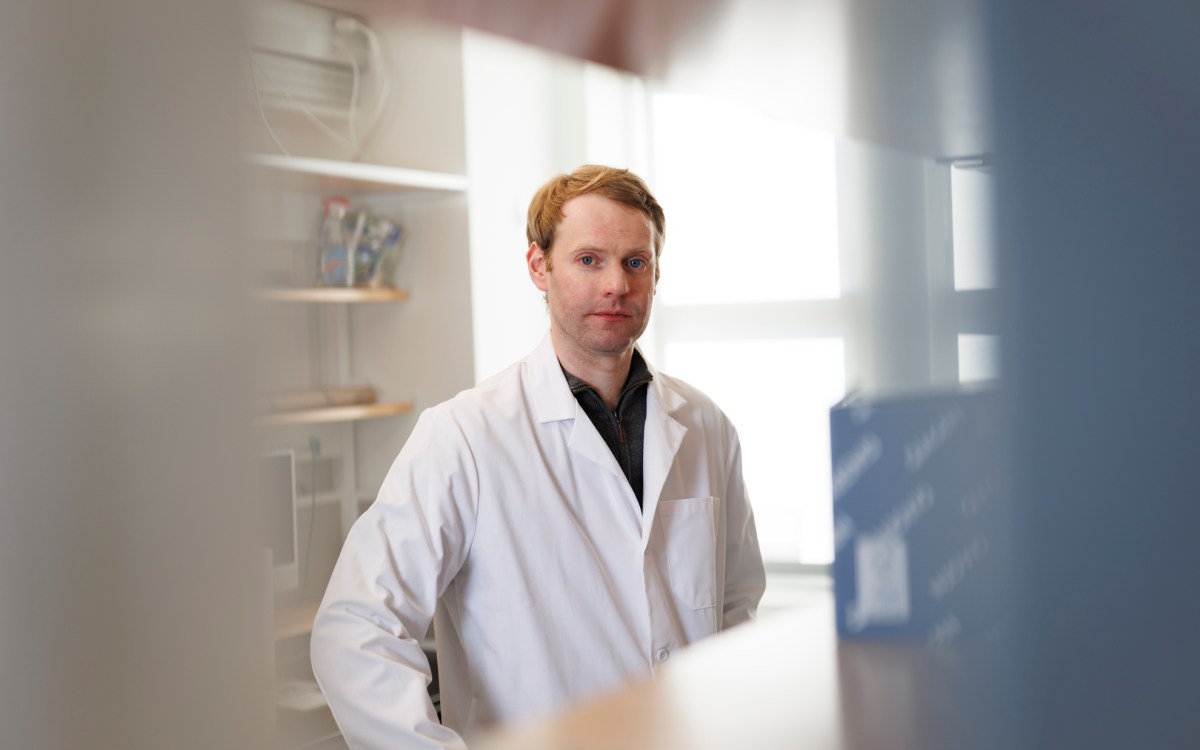City of Boston launches ad campaign to curb drinking of sugary beverages
Boston Mayor Thomas M. Menino announced Sept. 6 a $1 million federally funded campaign to encourage young people and others to drink fewer sugar-sweetened beverages (SSBs), which health officials have linked to rising obesity rates and health care costs. The awareness campaign, to feature multimedia advertisements in English and Spanish, targets parents and caregivers who make grocery-buying decisions for the household, and teens and young adults who consume more SSBs than other age groups. The campaign was launched a month before Menino’s executive order to phase out the sale, advertising, and promotion of SSBs in all city buildings, which takes effect on Oct. 7.
“We are in the midst of a health crisis in the city of Boston,” Menino said at a press conference. “Forty percent of the kids in Boston public schools are overweight or obese.”
In August, Steven Gortmaker, professor of the practice of health sociology at Harvard School of Public Health (HSPH), and Angie Cradock, senior research scientist at HSPH, published a study in Preventing Chronic Disease showing that a 2004 policy adopted by Boston public schools prohibiting the sale of SSBs was effective. They found that local high school students were consuming significantly fewer sugary drinks—1.38 average servings per day in 2006 compared with 1.71 servings in 2004, a 45-calorie per day reduction—despite the fact that the average consumption of sugary beverages did not decline among teens nationwide. “It [the daily calorie reduction] doesn’t seem like much. But it’s the level you need to start flattening out the obesity epidemic,” said Gortmaker, who participated in the city’s press conference.





